I’m not exaggerating when I say that The Secret History by Donna Tartt is the most absurd book I’ve ever read. It’s one of those books that you have to set down for long periods of time to make sure that it’s the book that’s insane and not you. Nonetheless, it was good, and pulled me out of a pretty terrible reading slump.
The 576 page book follows Richard Papen through his surreal experiences as a student at Hampden College. He studies classics with his oddly picky professor, Julian Morrow, and five other students.
In the beginning, Tartt introduces unsettling details, and any attentive reader may immediately find themself intensely unsettled. Everything is a little off, as if it’s a different world in which even the landscape has its quirks. Pretentious students with fake glasses, pseudo-intellectuals, and bad personalities — these small things are just enough for slight unease.
But that’s only the start, and soon, the book spirals into one of the weirdest roller coasters of uncanny eccentricity ever known to man. These students took their learnings from ancient Greek culture a bit too literally, performing rites backed with faulty logic. At times it was quite appalling to read .
The book has only one main downfall.
I can understand the purpose of including wacky themes in a book that heavily relies on Ancient Greek and Latin concepts, but there are ways to show that other than incest and a narrator’s longing for sexual assault. I mean, come on, I think you could sacrifice oddity for the sake of readers’ comfort. When an author brings up such abhorrent concepts, they drastically reduce the size of their audience, and, consequently, the power of their words.
Without a theme, a poem is a list, a book is a rant. But it doesn’t matter how much meaning you put into a book if nobody wants to read it, and no one is excited to read about trivial debauchery. To the majority of readers, because only a small cluster of nerds analyze for fun, a book is just meant to be emotionally pleasing, and The Secret History is…not.
Despite the at times extreme absurdity, the book was nonetheless well-written, which may be what saves it from being so questionable.
‘The Secret History’ was so captivating that I sacrificed multiple meals so that I didn’t have to put it down. The way it’s written pulls the reader into its universe, and somehow this outlandish story begins to feel more real than the world we live in. I imagine that is why it’s been said to be a good starting book for anyone who wants to get into reading. For more experienced readers, or maybe just someone with way too much time on their hands, the book contains a surplus of prose to overanalyze. Because of that, “just one more chapter” became my mantra this summer.
The book immediately hooked me with one of its major ideas concerning the narrator: Richard’s “fatal flaw” is “a morbid longing for the picturesque.” Its niche theme is undoubtedly a redeeming quality — many books will hit you with the whole “beauty versus bad” bullcrap, but ‘The Secret History’ presents a contrasting aim: that beauty and malice are secretly one and the same.
It’s odd to me how distorted the novel’s main theme has become. Some have argued that it “romanticizes” all of its absurdities, claiming that deeming the book “dark academia” blurs the line between aesthetically bookish and straight up weird. This thought process is absurd. The main purpose of the book is to highlight the flaw in idolizing aesthetics. Then again, if a reader declines to analyze the book in any depth, it’s their choice whether to hate it for the value they neglected.
The book’s absurdity doesn’t diminish quality though: you can tell because the book became an International Bestseller despite all of its quirks. Tartt was also rightfully awarded the Pulitzer Prize for fiction as a result of its skillful writing and the story it tells.
Yes, ‘The Secret History’ is probably not the best fit for everyone, and it’s definitely weird enough that even some of the most adjusted readers may need a double-take, but the book is still quite profound. I think if you can’t find enough value in it despite its flaws, you aren’t trying very hard at all.








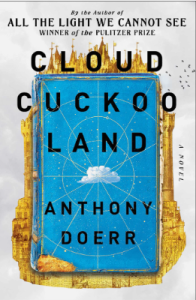
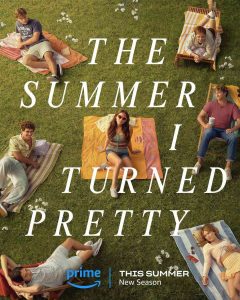
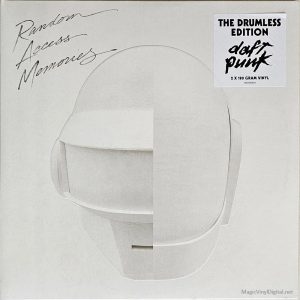








![In a recent surge of antisemitism nationally, many have pointed towards social media and pop culture as a source of hate. “Many far-right people have gone on [X] and started just blasting all their beliefs, Sophomore Scott Weiner said.](https://unionstreetjournal.com/wp-content/uploads/2023/10/antisemitism-popculture-2-1200x675.jpg)
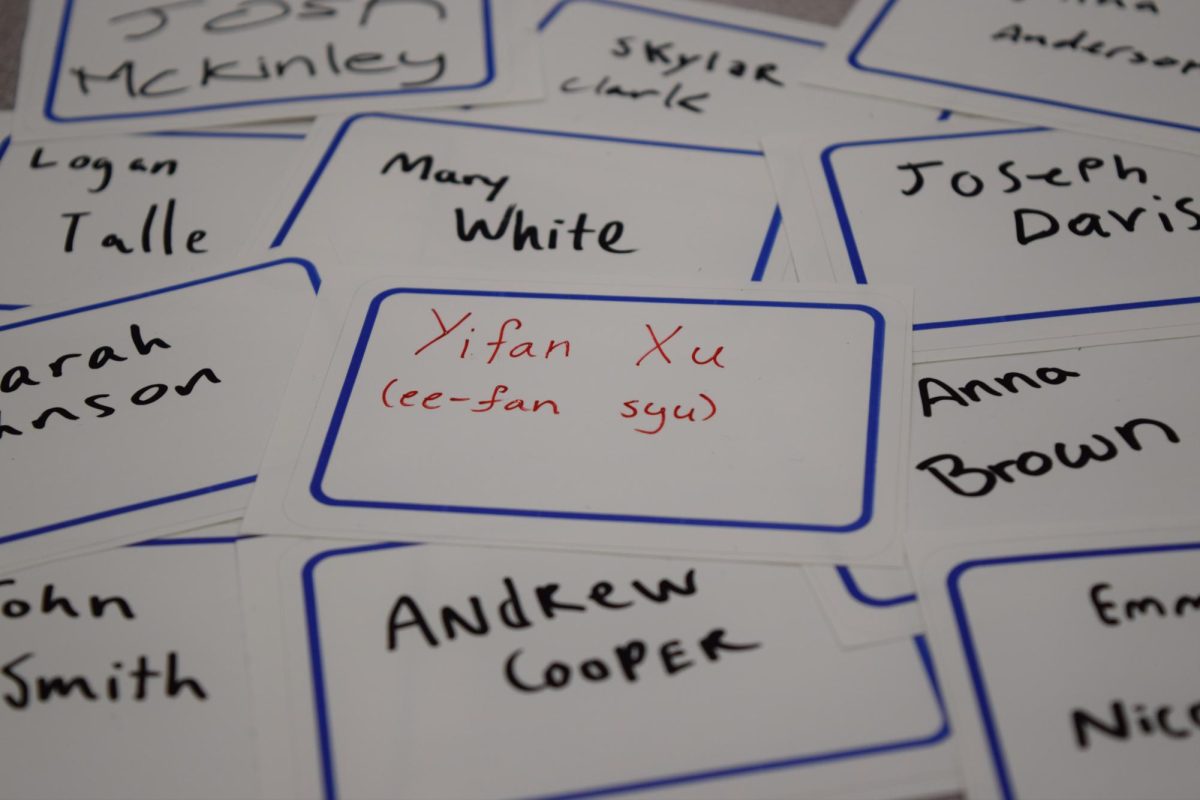
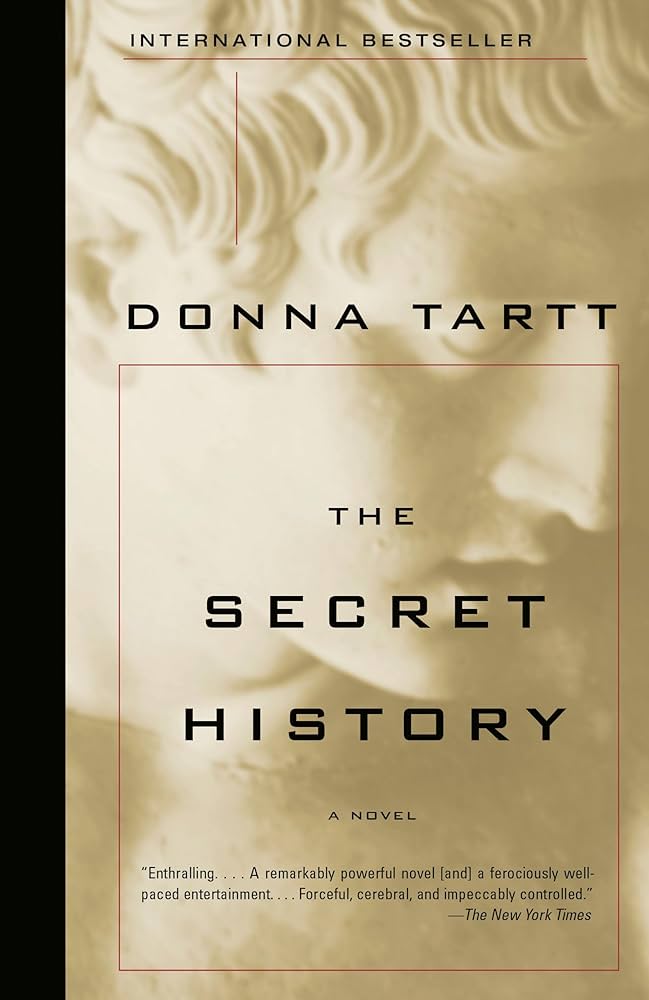

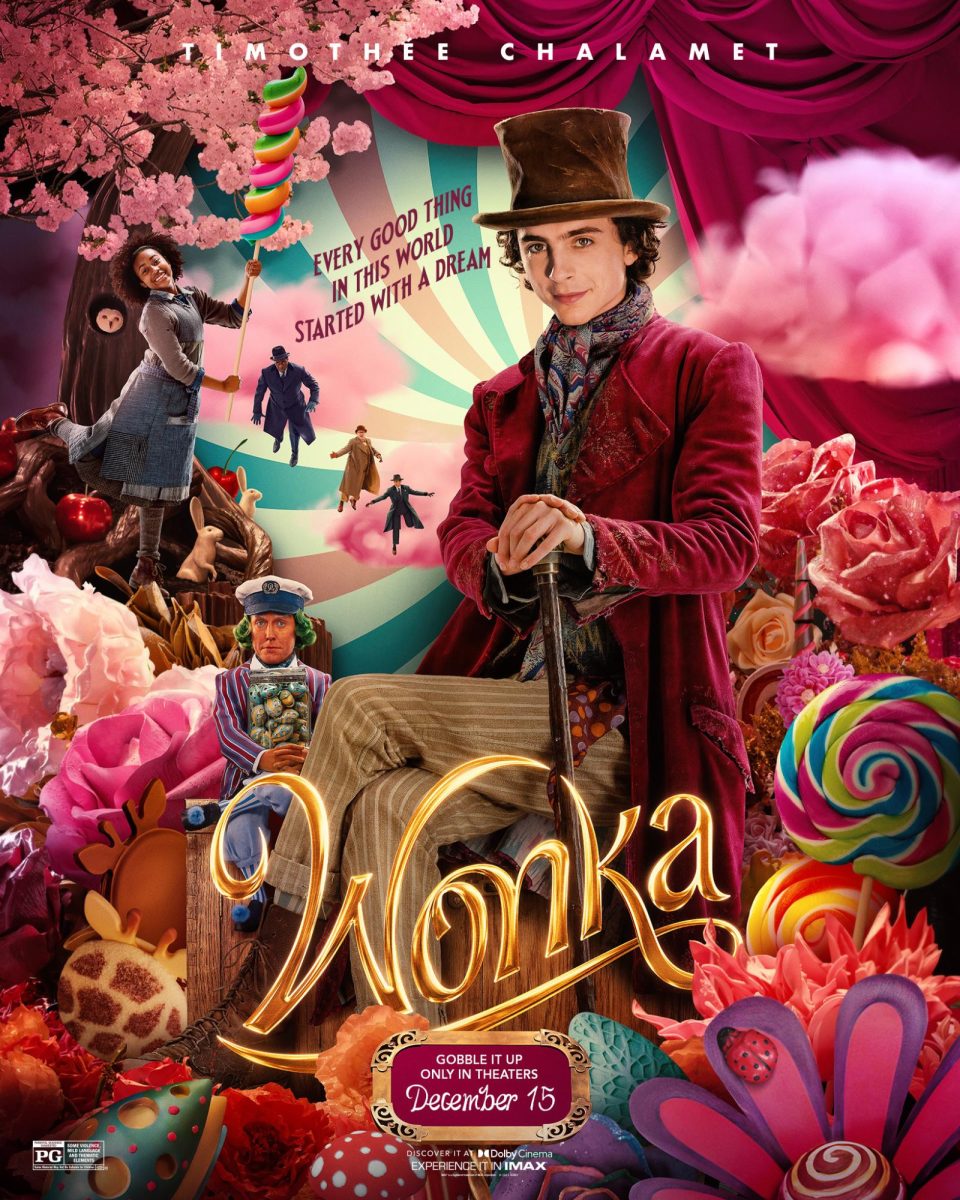
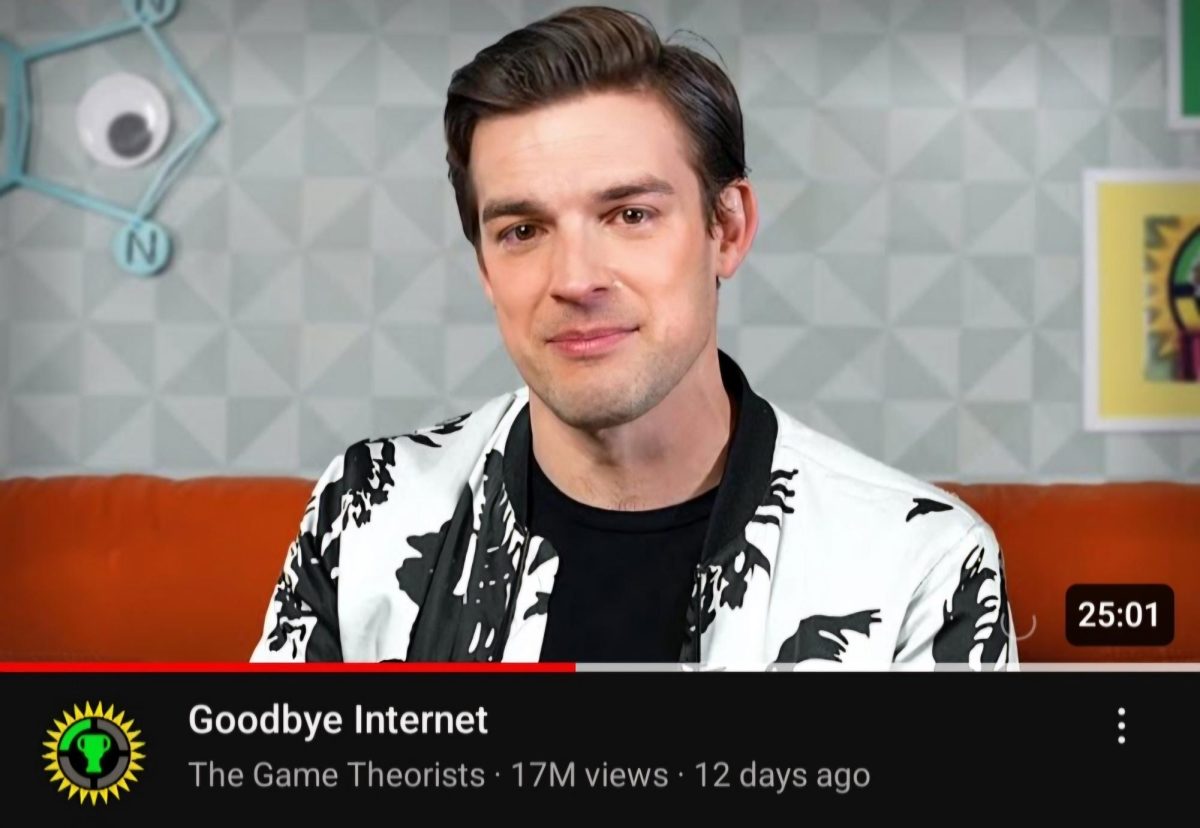
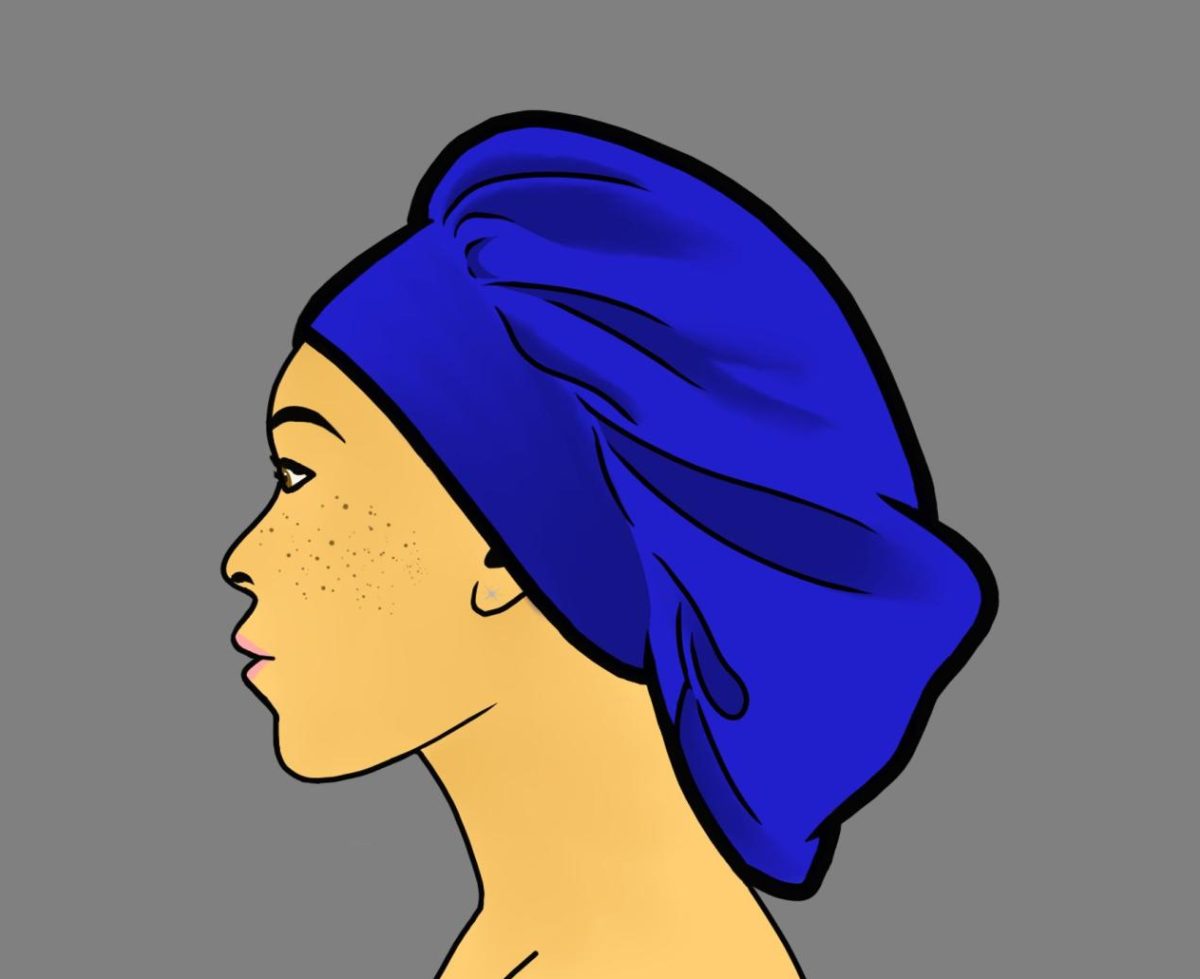
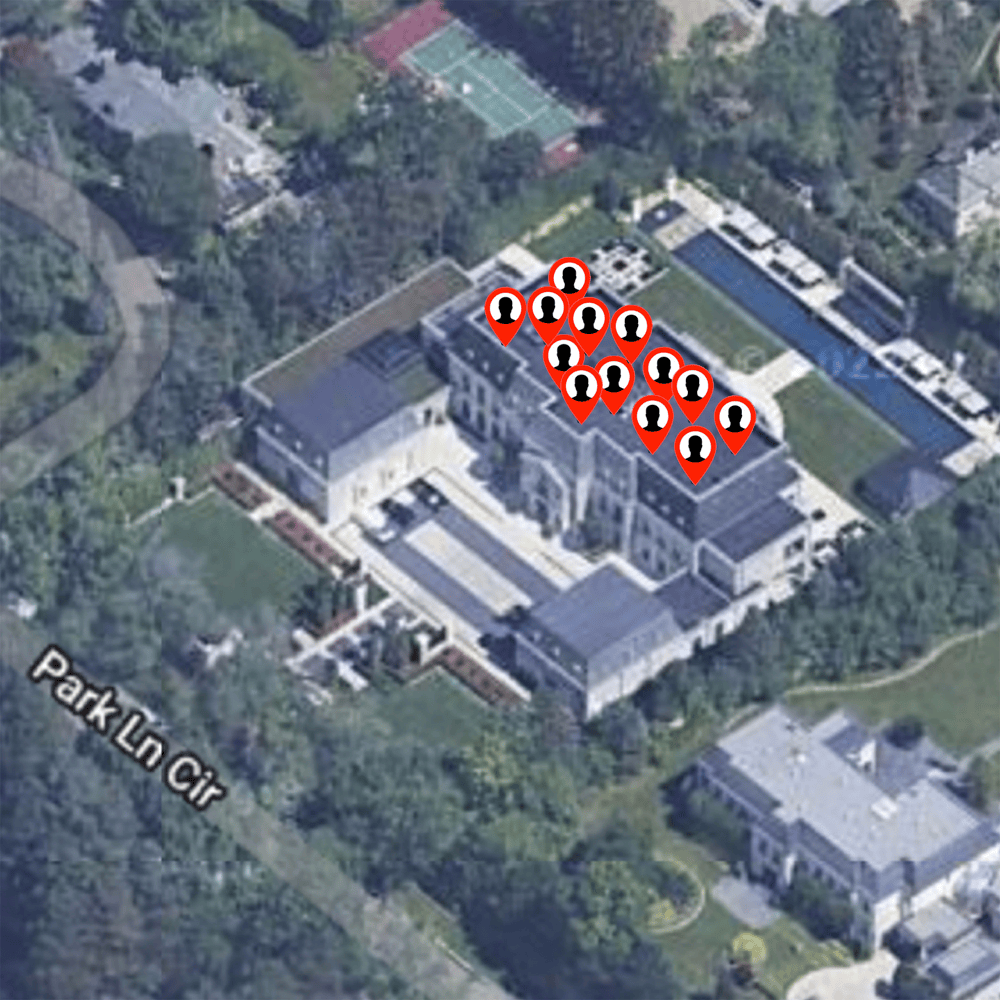


W | Mar 16, 2024 at 9:38 PM
Yeah honestly I read it and had to stop midway, just bc a lot of the education portrayed there was wrong, and it was a book almost clearly written for aesthetic reasons. It was very interesting in the first half though! The incest is where it started to throw me off…